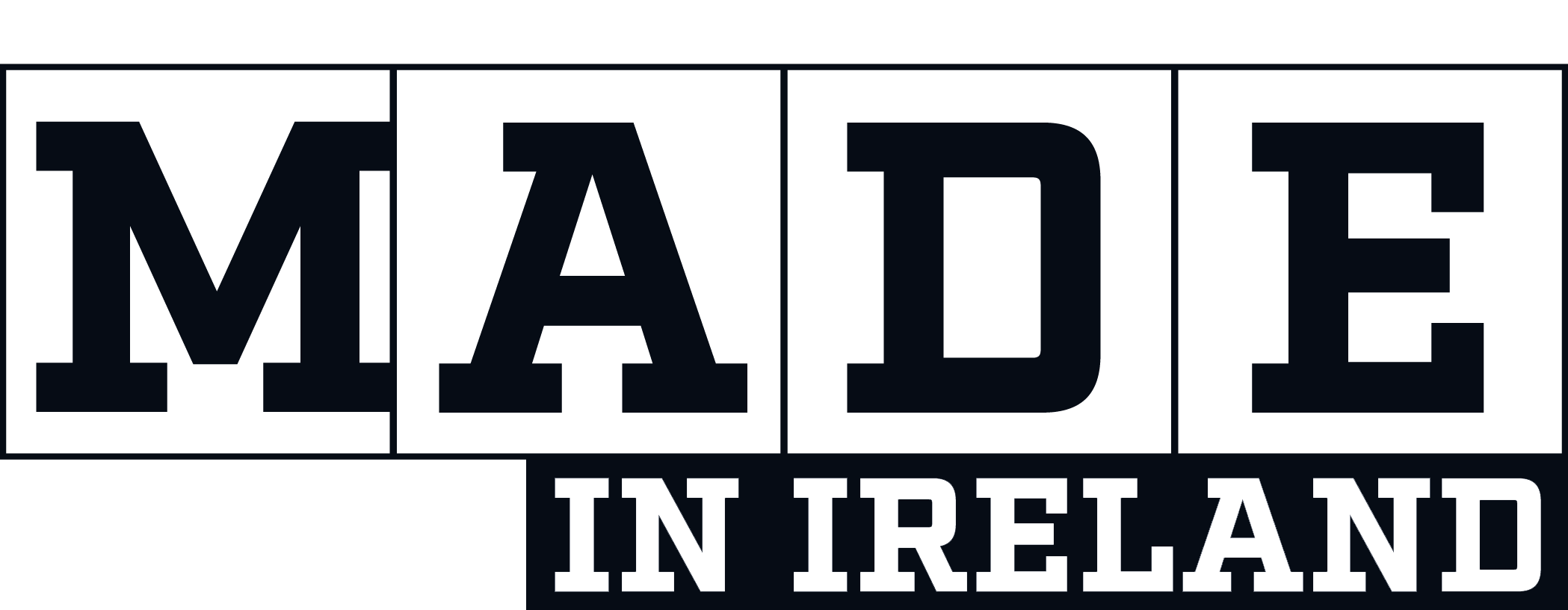Keltech have traditionally been experts in three main industrial sectors: reservoir, hydraulic and fuel tanks. The idea for the bins came after one of their power generation customers needed to supply both the NHS and the Irish Health Service Executive (HSE) with emergency diesel generators at temporary patient care and COVID-19 testing sites. “We stayed open to manufacture the acoustic enclosures to reduce the noise of the generators, but that was only taking around 30 per cent of our machining capacity,” says Business Development Manager Seamus Lawlor.
“We approached the HSE to offer support by manufacturing medical waste bins, as we had the in-house CNC cutting tools, RADAN software to drive them, and the necessary expertise to rapidly prototype a product in keeping with the spec they required. Their reply was almost instantaneous…saying bins were in huge demand globally, and they were having difficulty sourcing them.”
The initial prototype was built in seven days, and the first production batch, based on the fourth version, came off the CNC machines three days later. They’ve now gone on to manufacture around 500 a week from two different material specifications, depending on the application; one is a stainless-steel version, while the most popular is a mild steel, powder coated unit.
Each bin comprises around a dozen individual components, with RADAN creating optimum nests to maximise the yield from each sheet and avoid wastage. Senior Projects Engineer Sean McNamara says the company buys a considerable amount of sheet metal and need to utilise every piece. “RADAN is excellent at optimising each sheet. We can see exactly where we are with the nests, and how they can be improved if we need to use a larger blank to add more components, or a smaller blank if there are fewer parts.”
One of their biggest challenges was the opening and closing mechanism for the lid, but RADAN’s ability to quickly edit the toolpaths and amend the programs was crucial in speeding up the process.
Seamus Lawlor says the foot-operated opening system means staff don’t need to touch the bin lid. “The lid itself, when closed, is perfectly sealed, ensuring the potentially contaminated waste is secure. It’s also designed with a silent close feature so as not to disturb patients. The front opening door allows staff to easily change bags, and we use state-of-the-art glossy powder paint which will give a good, easy to clean finish, so we expect the bins to last for between 10 and 15 years.”










